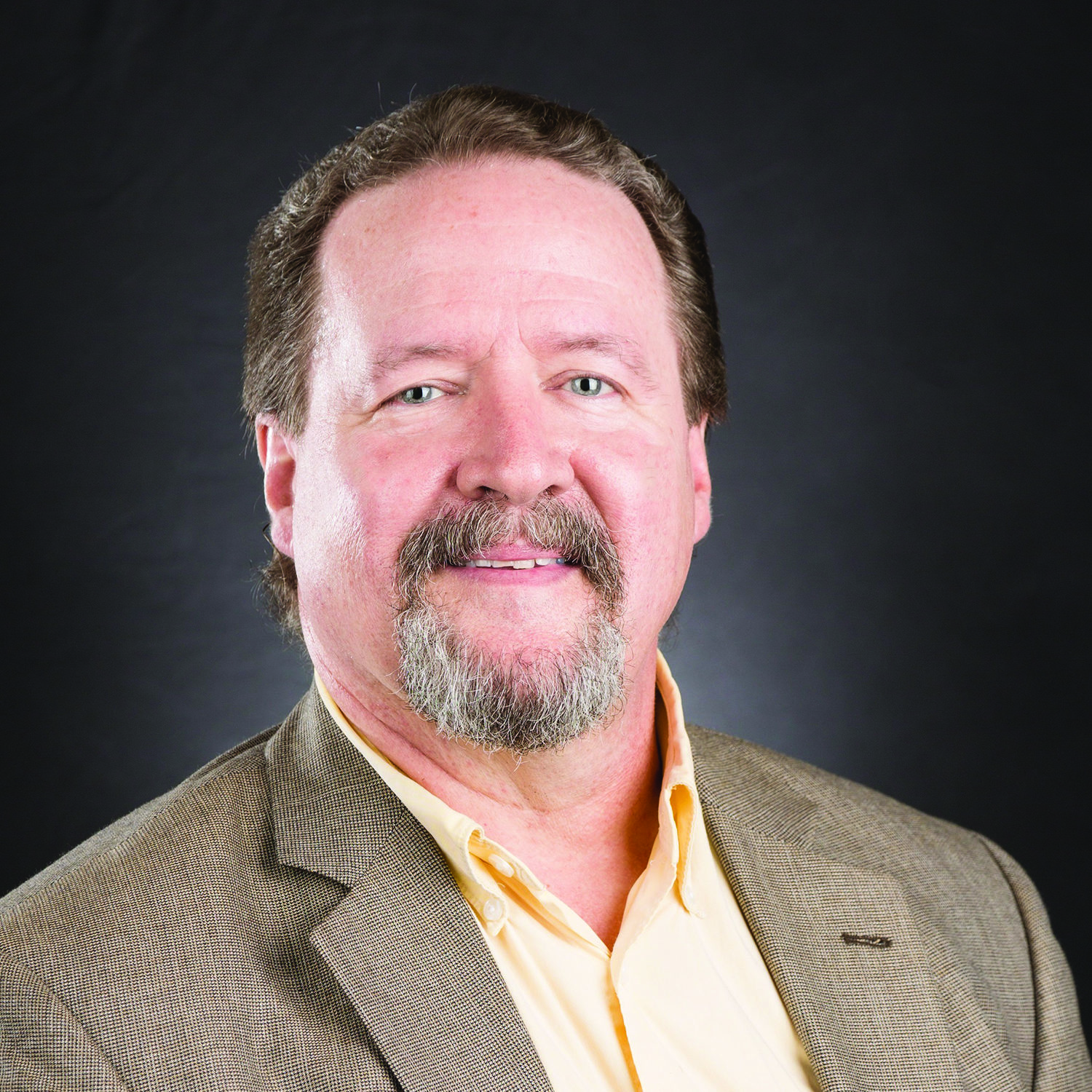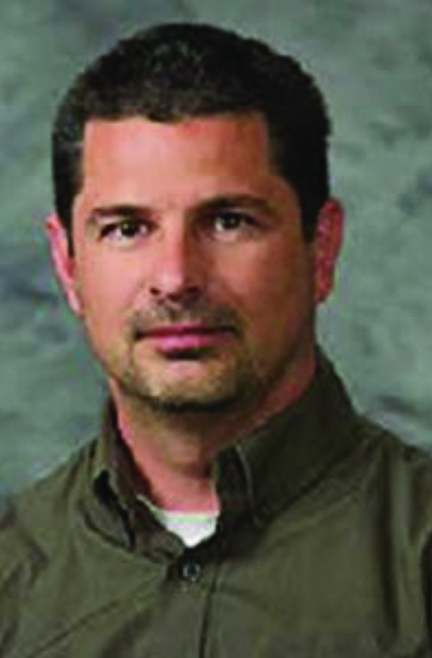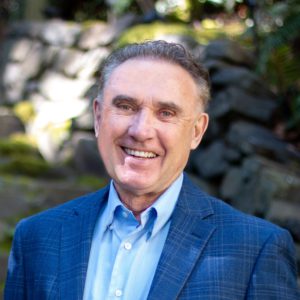Description
Adolescent Substance Use and Addiction: Renewed Hope through Engagement, Adherence, and Recovery
Friday, July 19, 2024
1:00-3:30 PM ET
Webinar Presenters
David E. Jenkins, Psy.D., Liberty University Professor and Clinical Director, Psy.D. in Clinical Psychology, and Brian M. Kelley, Ph.D., Liberty University Professor, Department of Psychology
This Counseltalk webinar will cover the ever-changing patterns of substance use and addiction, with a focus on the unique challenges faced by adolescents and young adults. The reciprocal relationship between substance use disorders and co-occurring disorders will also be explored. Risk and protective factors regarding substance use and addiction in adolescents and young adults will be discussed within a biopsychosociospiritual model. Special emphasis will be placed on developmental neurobiology, as it plays a crucial role in shaping behaviors and decision-making involved in the addictive process. Taken together, these factors are pivotal in understanding the complex recovery journey individuals undertake when facing substance-related and addictive issues. With a focus on early detection and intervention, this Webinar will draw upon the most current evidence-based best practices to provide participants with treatment engagement, adherence, and recovery recommendations. These recommendations will be rooted in the latest research findings, ensuring that care delivered to patients is both effective and compassionate. A primary goal of this Webinar is to provide a comprehensive overview of the complex issues surrounding adolescent substance use, addiction, and mental health, with a specific focus on renewing the hope of attendees through providing valuable insights and ultimately contributing to the betterment of healthcare for this vulnerable population.
Learning Objectives
Participants will:
1. Discuss current trends in substance use, addiction, and mental illness with a focus on adolescence and young adulthood
2. Describe the process of substance use disorder development and diagnosis
3. Review the risk and protective factors regarding adolescent and young adult substance use and addiction risk with particular emphasis on developmental neurobiology
4. Elaborate on the biopsychosocial dimensions of substance use and abuse across the lifespan, including the importance of a spiritual dimension
5. Provide best practice recommendations for care or treatment through engagement, adherence, and recovery
Continuing Education
Approved for 2 CE’s for Licensed Professional Counselors, Licensed Marriage and Family Therapists, Licensed Clinical Social Workers, and Chemical Dependency Counselors
Approved for 2 IBCC CE’s for Pastoral Counselors, Pastors, Teachers, and Coaches
The American Association of Christian Counselors (AACC) offers some psychologists, therapists, counselors, social workers, and play therapists Continuing Education (CE) credit due to good standing with certain states and a limited number of professional organizations. It remains the responsibility of each participant to be aware of state licensure and CE requirements. Participants should check their state and/or local regulations regarding required Continuing Education hours. For more information on Light University Continuing Education programs, please visit https://www.lightuniversity.com/continuing-education-statements/.
*Webinars MUST be watched LIVE to receive CE Credit.





